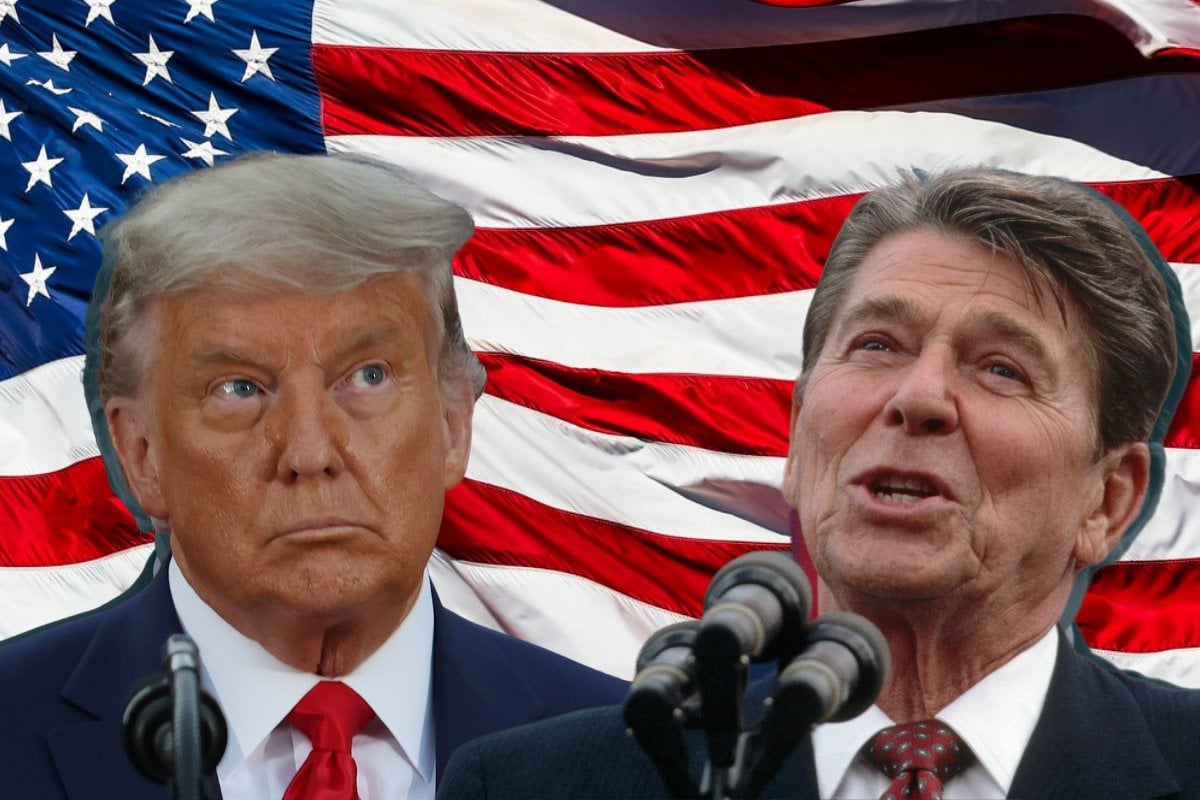
Long before the red MAGA hats of today, donned by supporters of United States President Donald Trump, there were badges.
White, red and blue, like the American flag.
"Let's make America great again," they read. Alongside was 'Reagan 1980' or a portrait of the Republican presidential candidate of the day.
Watch: The trailer for The Reagans, available on Stan. Post continues below video.
Ronald Reagan, a former Hollywood actor and the 33rd governor of California, won the election in a landslide, unseating incumbent President Jimmy Carter, in a win many had not considered possible. Four years later, he won reelection in one of the country's most lopsided victories of all time.
Throughout his presidency, Reagan was popular. He left office with a 68 per cent approval rating - matching Lyndon B. Johnson and later Bill Clinton as the highest ratings for departing presidents in the modern era.
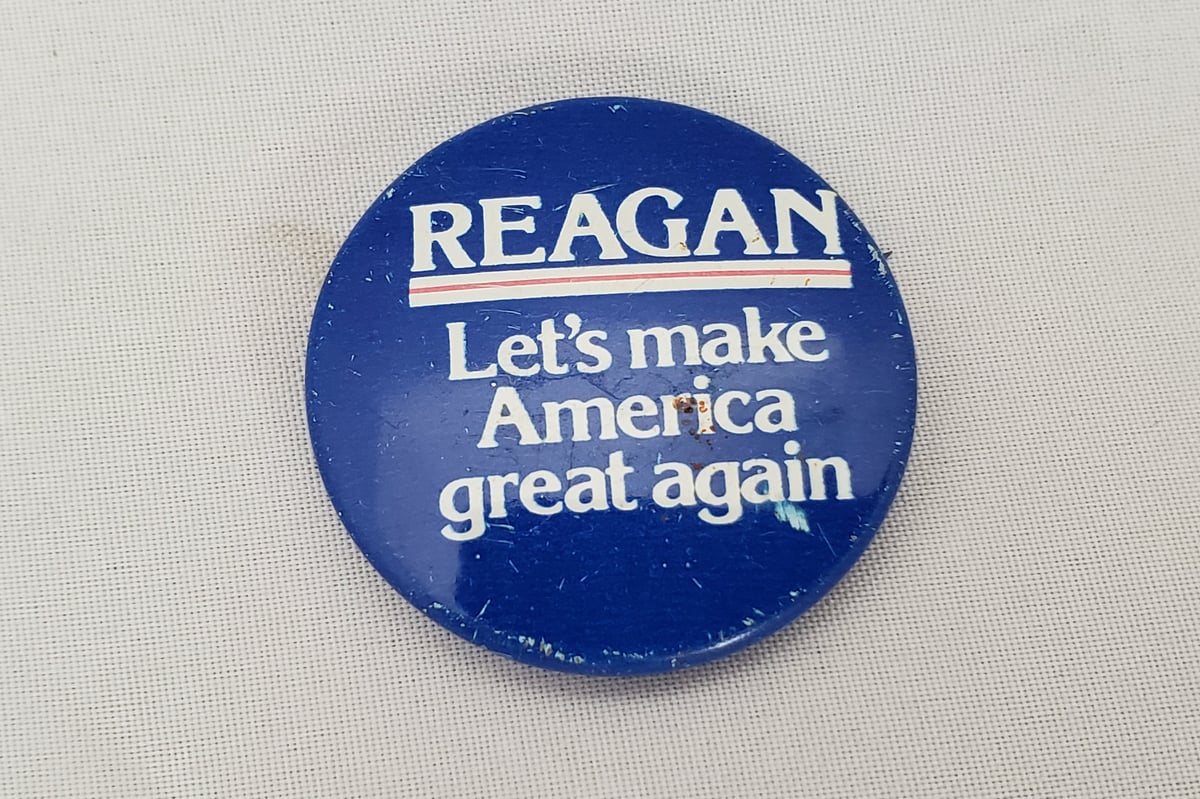 Image: Getty.
Image: Getty.

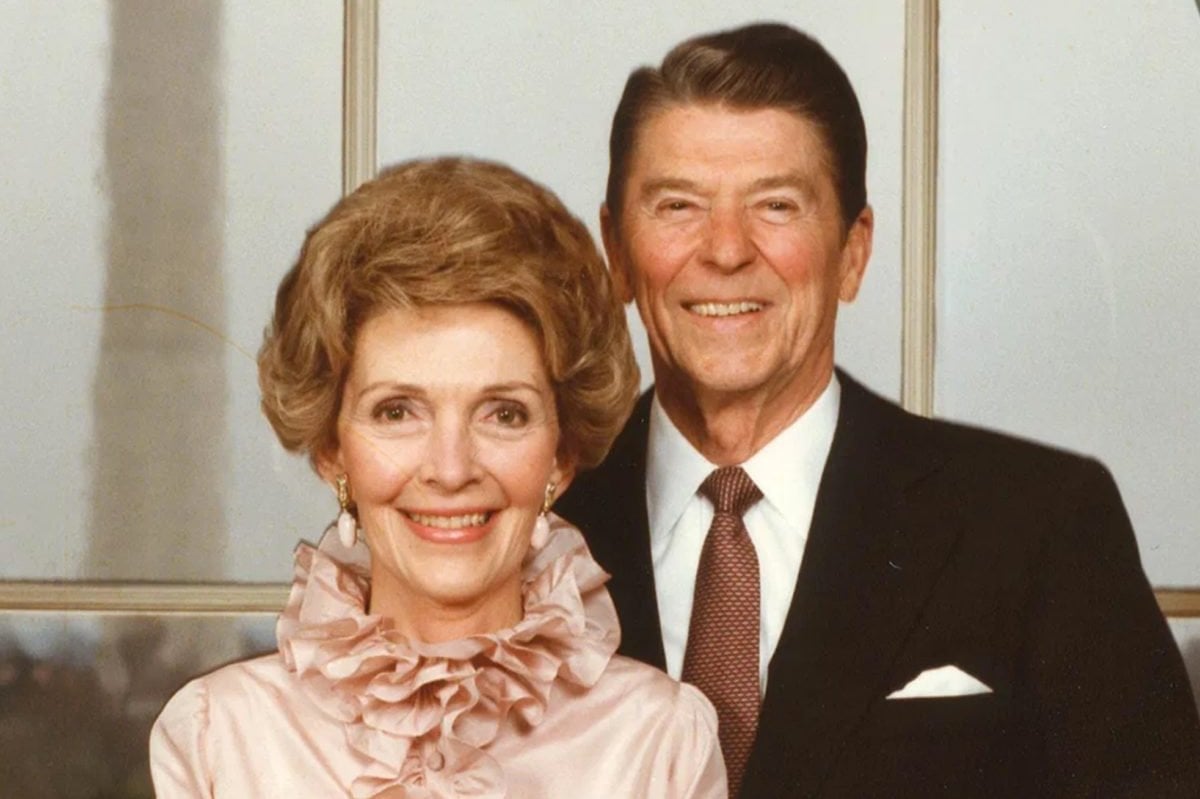
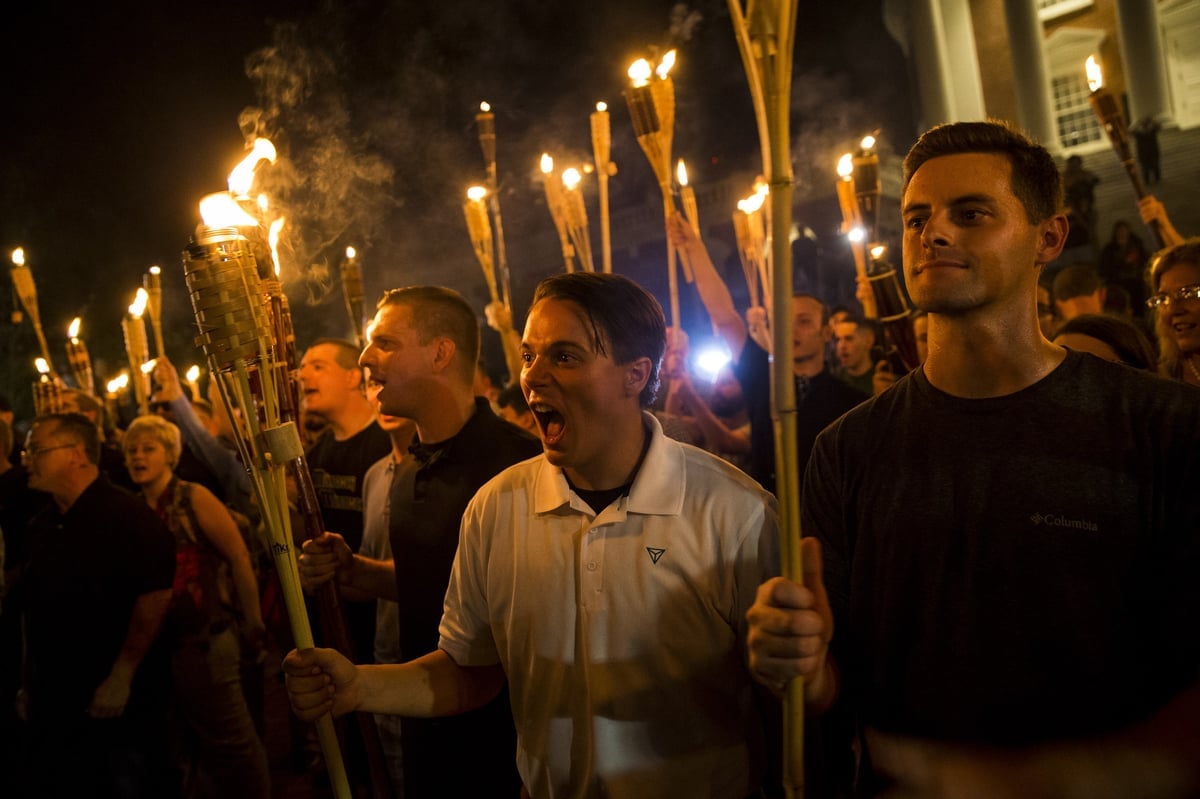
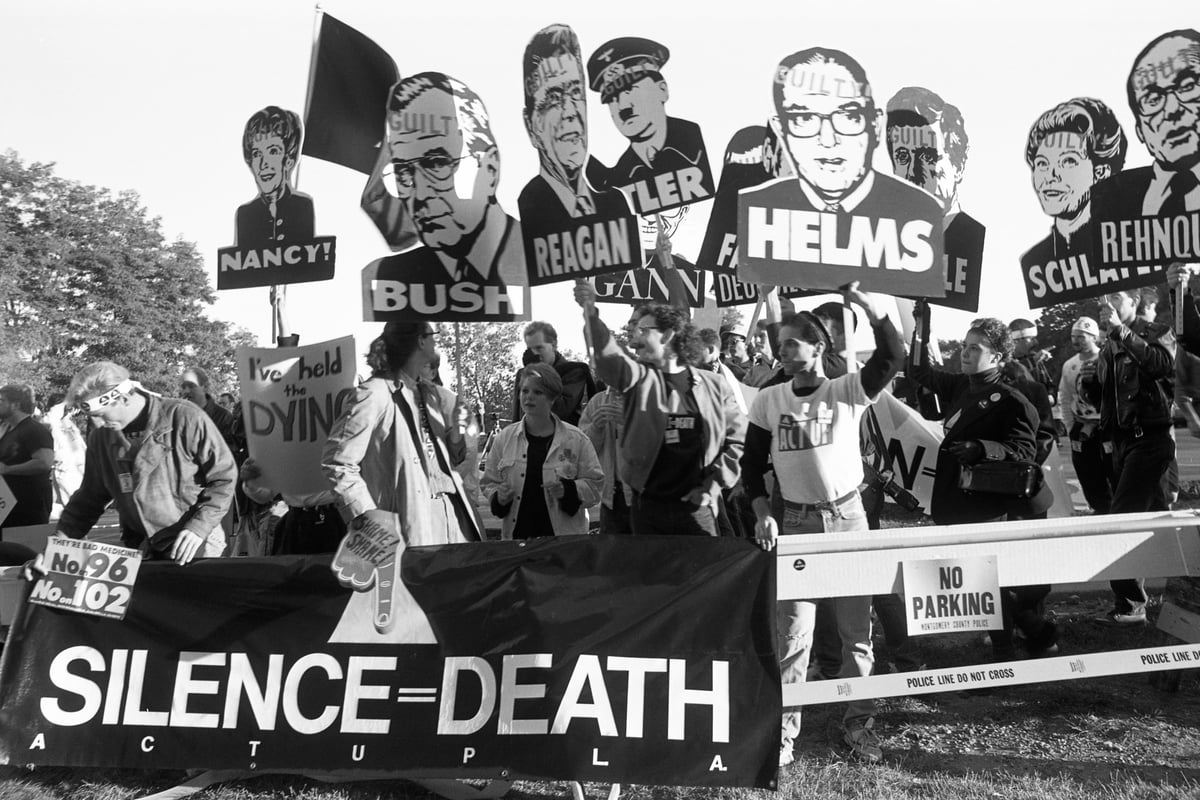
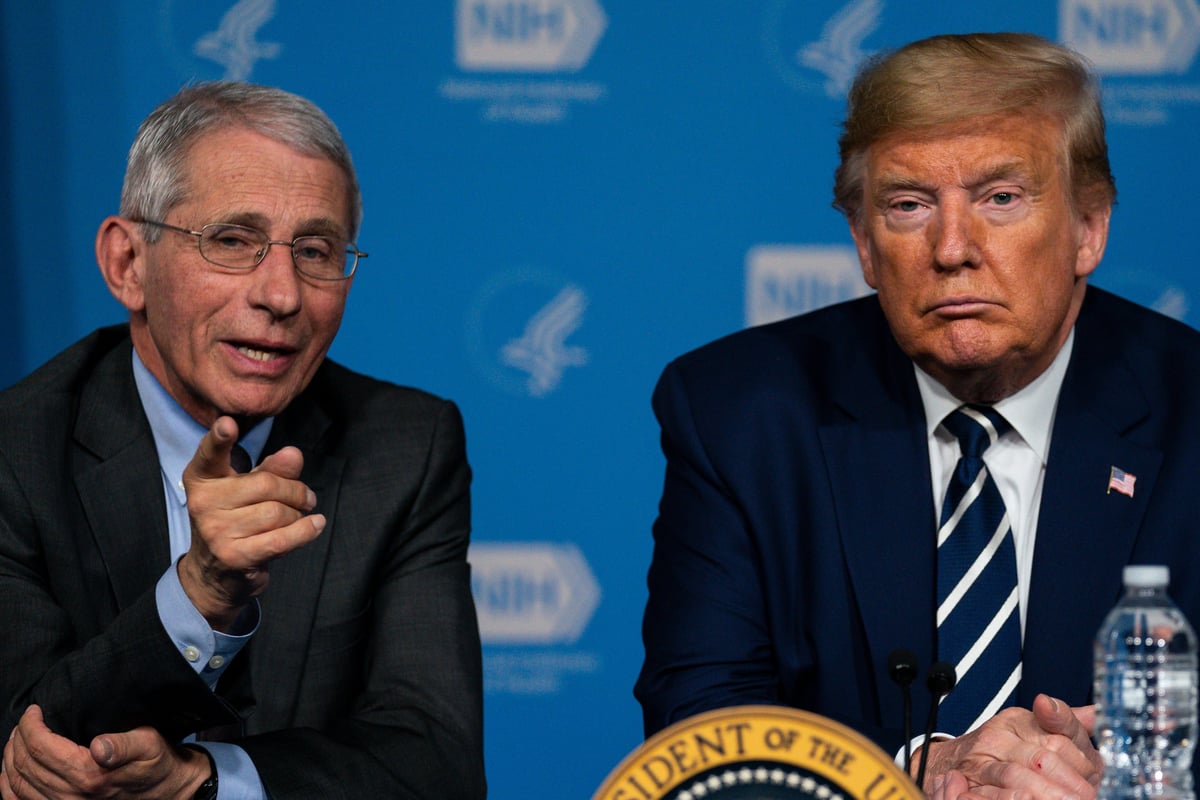
Top Comments